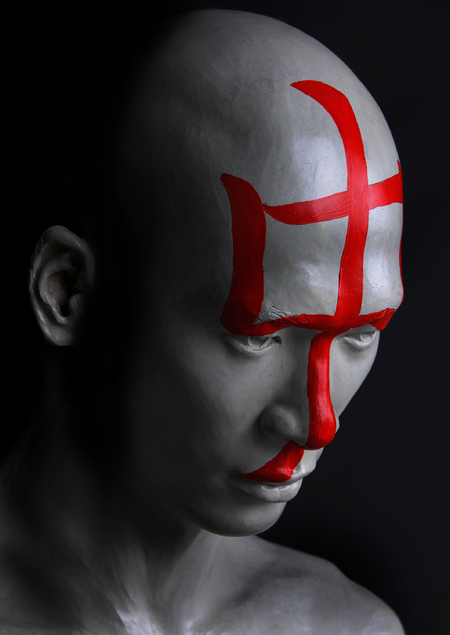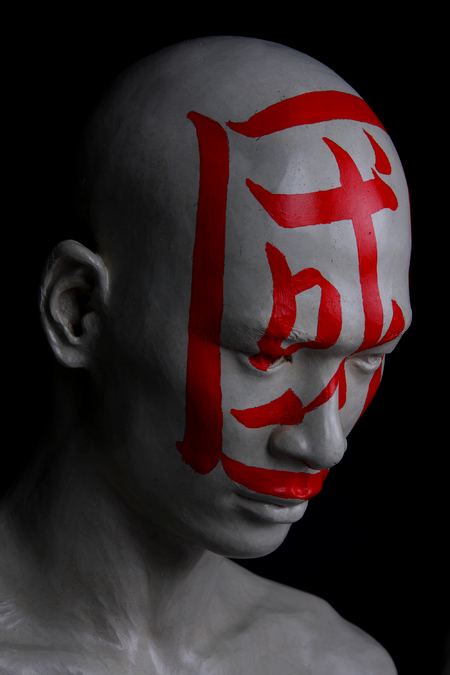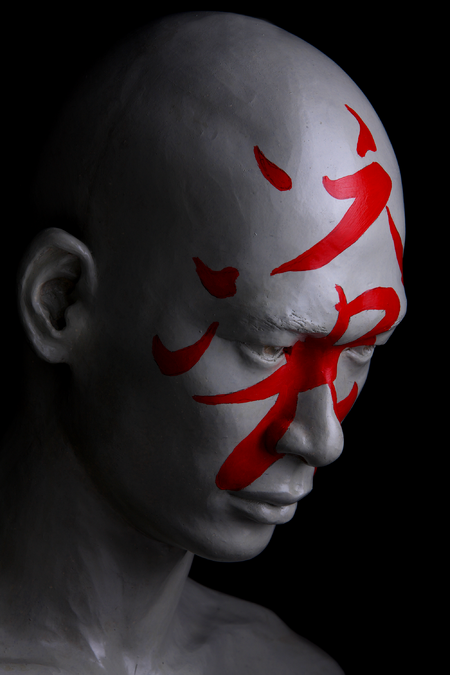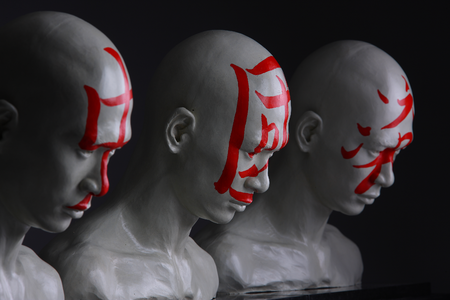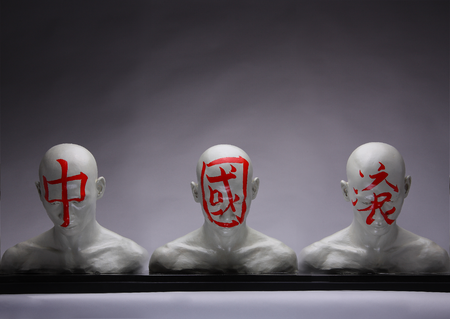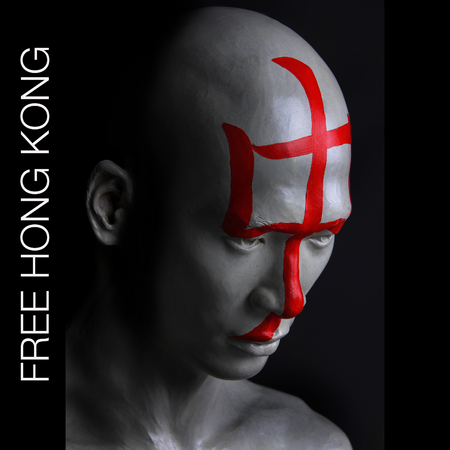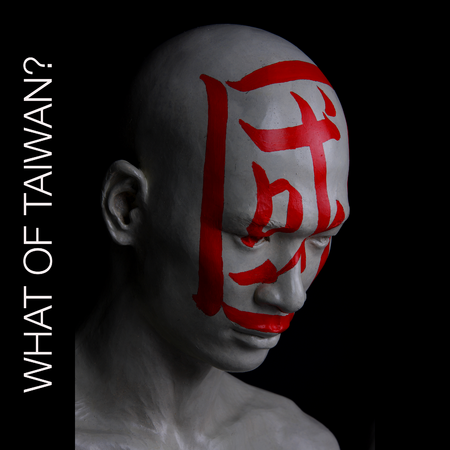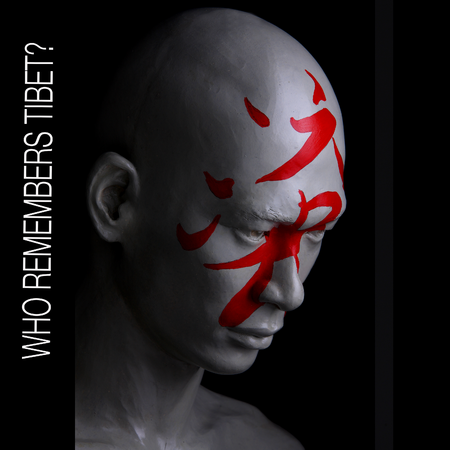ReThink Collection
Tibet “Lest We Forget”
The inspiration in the ReThink series of sculpture comes from the desire to speak of Human Rights and Freedoms. This desire to create is only quenched by addressing subject matter that I believe is important.
I can not be silent.
As I see it, the artist has both a social responsibility, and a platform to voice our concerns and remind society of the injustices that we commit.
What outcome do we hope to achieve?
The outcome is uncertain yet not less important than the inspiration. These ideas motivate me to speak of that which I believe to be important to society, and that history may see as being worth recording. Thus this is my goal here, to remind us of an event in history, long after a government has erased all record of it.
In March of 2011, Phuntsog, a 20-year old Tibetan monk from the Kirti monastery in Sichuan Province, set himself on fire to protest Chinese rule in the vast Tibetan regions of western China. Historians of modern Tibet have suggested that he was the first monk to kill himself by self-immoliation in protest of Chinese treatment.
Tibet “Lest We Forget”
Human rights in China are considered problematic by most Western countries and human rights organisations. Multiple sources, including the U.S. State Department's annual People's Republic of China human rights reports, as well as studies from other groups such as Amnesty International and Human Rights Watch, have documented the PRC's abuses of human rights in violation of internationally recognized norms.
Controversial human rights issues in China include policies such as the status of the Uyghurs, as well as the Tibetans, and lack of protections regarding freedom of speech, freedom of the press and freedom of religion .
Imprisonment of political opponents and journalists critical of the government has been common. The press is tightly regulated as is religion. Suppression of independence/secessionist movements is often heavy-handed, to say the least.
For example, months of campaigning by students and others for more democratic rights and freedom of speech culminated in the Tiananmen Square protests of 1989, a violent crackdown by the Chinese military with 15 days of martial law.
In reality, there is no religious freedom in Tibet. Even to call for a little more freedom is to risk being labeled a separatist. Nor is there any real autonomy in Tibet, even though these basic freedoms are guaranteed by the Chinese constitution. Reference: http://www.dalailama.com/news.218.htm
A number of organizations work to create awareness and campaign for change with regard to human rights in China. These include Amnesty International, Human Rights Watch, Human Rights in China, Chinese Human Rights Defenders (CHRD) and China Human Rights Lawyers Concern Group (CHRLCG).
The political reforms away from authoritarian rule has remained elusive.
For example, the government continues to exert its absolute control over politics, and is often looks to eradicate domestic “threats” to stability of the country through excessive use of force and authority.
Controversial human rights issues in China include policies such as the status of the Uyghurs, as well as the Tibetans, and lack of protections regarding freedom of speech, freedom of the press and freedom of religion .
A recent report by PBS can be found here: https://www.pbs.org/newshour/features/uighurs/
The United Nations report on China 2022: https://news.un.org/en/story/2022/08/1125932
Download UN Report:

